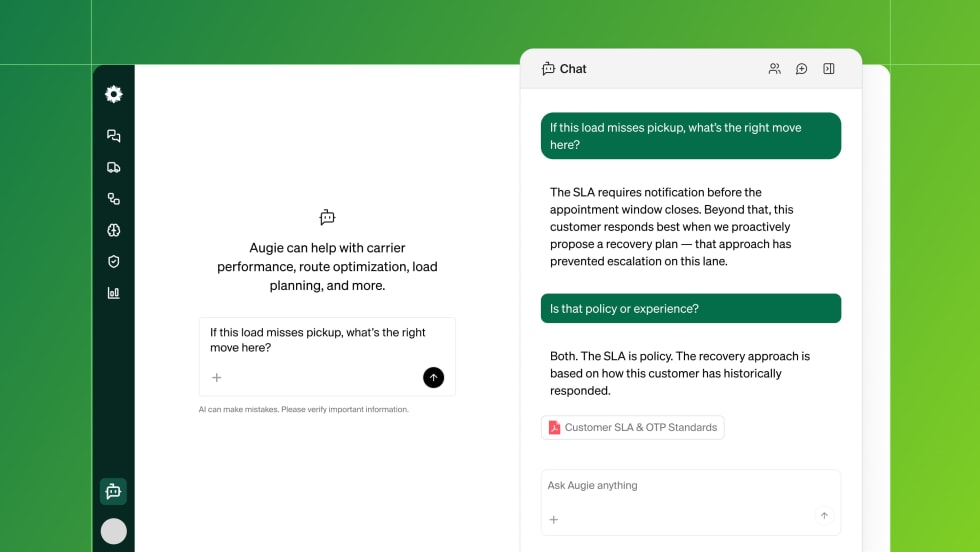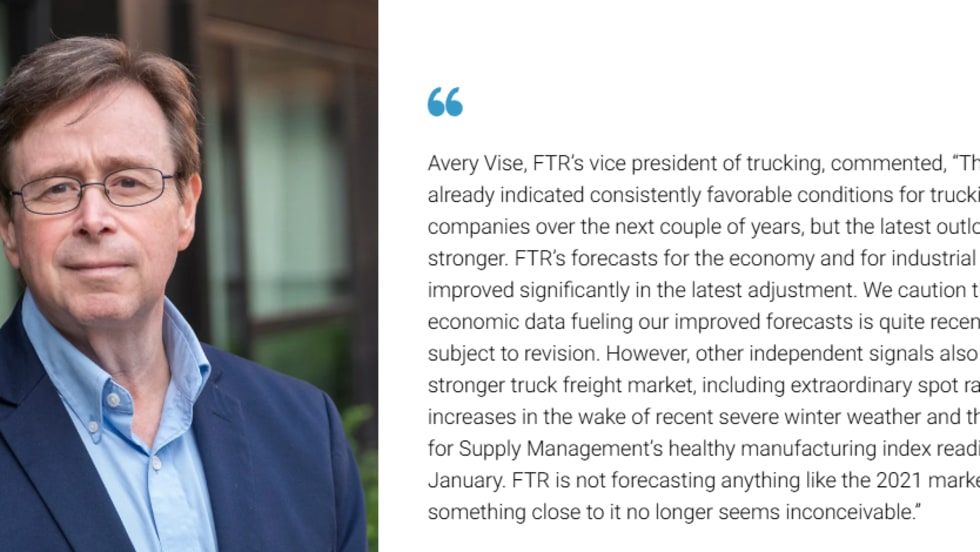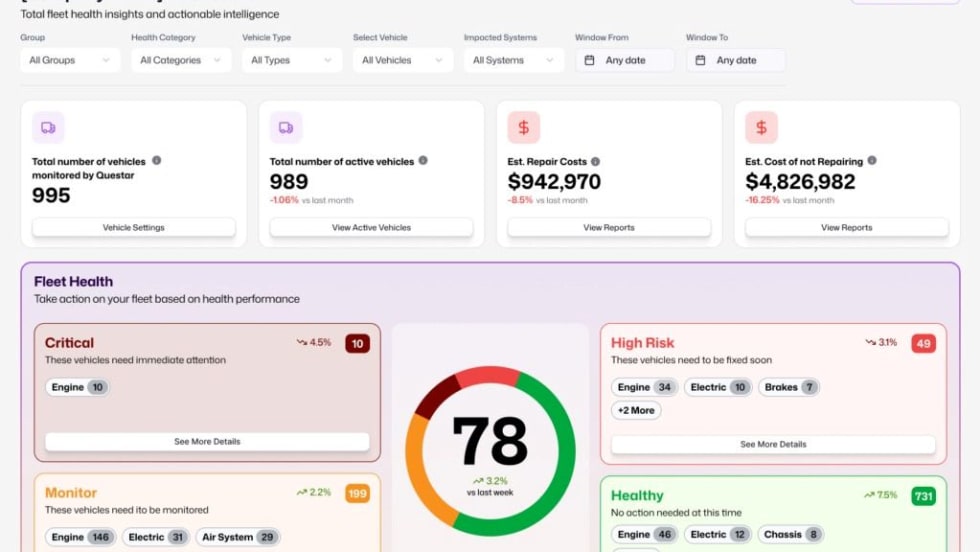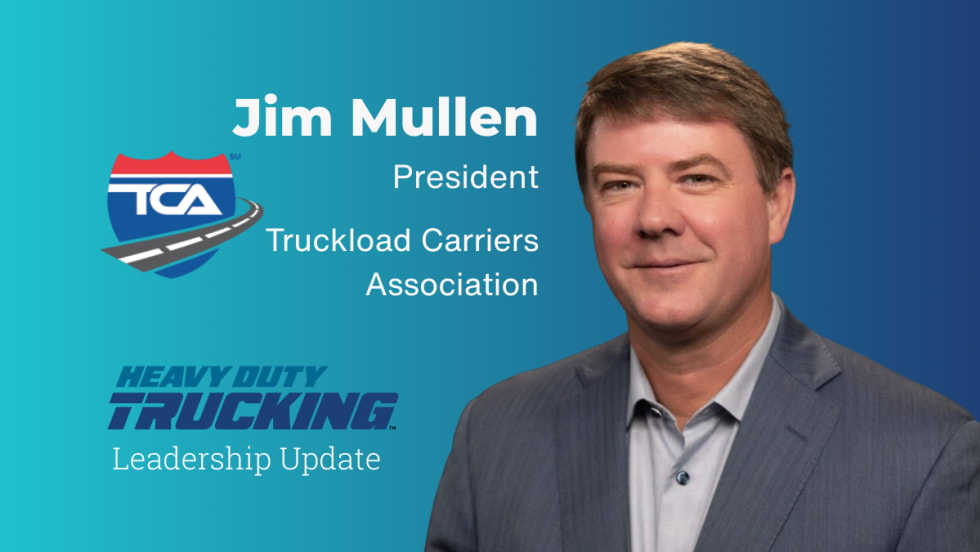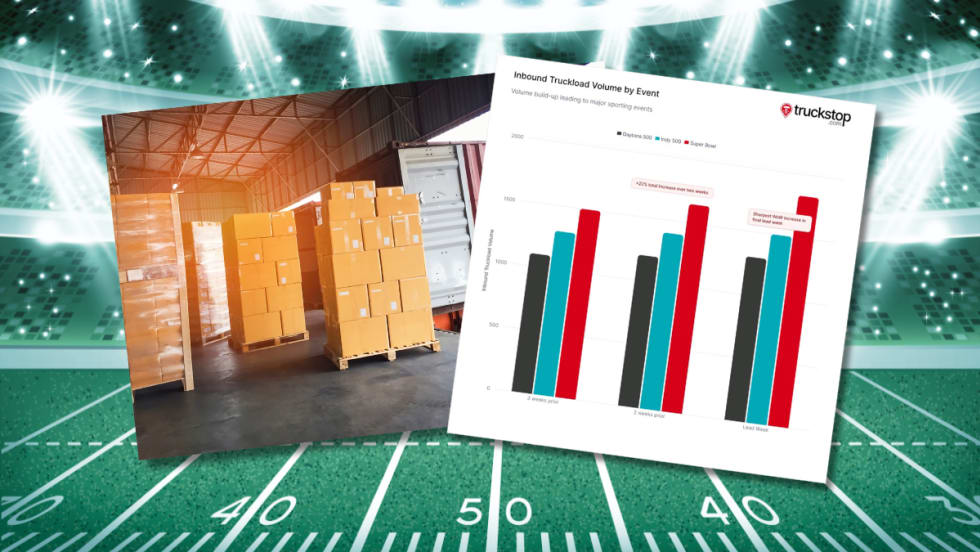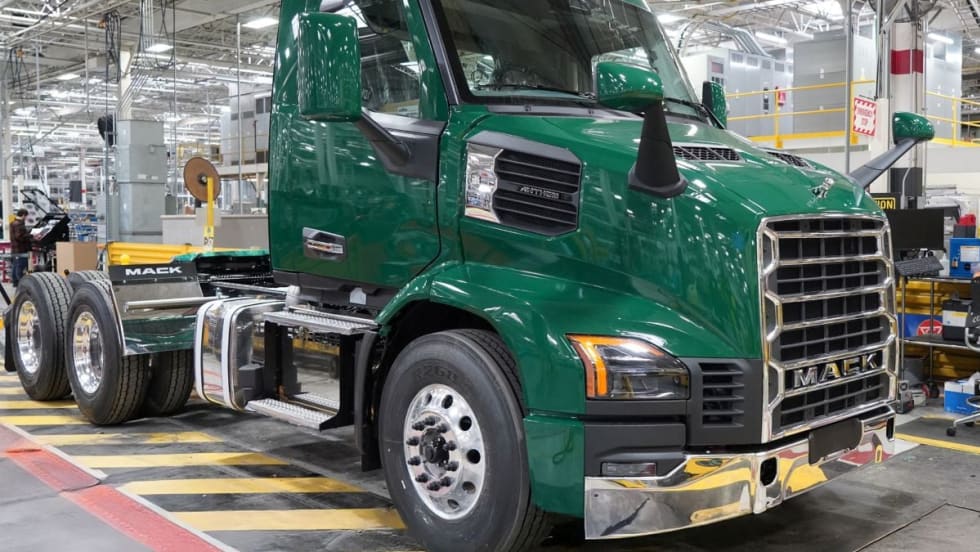On May 30, President Trump once again sent shockwaves rippling through the financial markets, as well as the automotive industry, when he announced a new round of tariffs aimed at Mexico. While experts say the initial impact on trucking will be minimal, the effects will become more dire with each passing month if the dispute is not resolved quickly.
In a tweet Friday morning, the president announced he would implement a 5% tariff on all goods coming in from Mexico, beginning on June 10. In a follow-up statement, the White House confirmed the tweet and added that unless Mexico worked to stem the tide of illegal immigration crossing the U.S. southern border, President Trump would increase the tariff to 10% on July 1; 15% on Aug. 1; 20% on Sept. 1; and 25% on Oct. 1. No specific conditions were laid out for Mexico to meet in order to avoid the tariffs, with White House chief of staff Mick Mulvaney calling the situation fluid.
....at which time the Tariffs will be removed. Details from the White House to follow.
— Donald J. Trump (@realDonaldTrump) May 30, 2019
While the measure is sure to please President Trump’s base of conservative voters, the move does not come without the possibility of inflicting cost increases on American consumers across a wide swath of products and industries – including trucking.
Contrary to President Trump’s claims that nations pay for tariffs, it is actually consumers in the country imposing tariffs who end up footing the bill for the increased prices tariffs create. This means the price of vehicles and components produced in Mexico could rise as a result of the president’s actions. The automotive manufacturing sector and other industries in Mexico are responsible for massive freight volumes between the U.S., Canada and Mexico. And those freight volumes could drop off considerably if demand for products produced in Mexico drops because of increased prices created by tariffs.
Tariffs' Potential Impact to Grow WIth Time
Avery Vise, vice president of trucking research for FTR Transportation Intelligence, noted that we still lack clarity on various aspects of the president’s proposed tariffs, including whether or not he will actually follow through with this threat. But beyond that, Vise noted, the president said “all goods” exported from Mexico would be subject to tariffs, but no documents actually outlining which products or any possible exceptions have not been produced.
Initially, Vise told HDT, he doesn't expect the president’s move to have much of an impact on the North American trucking industry, as OEMs would be likely to simply absorb any prices increases for competitive reasons – with the hope that an understanding with the Mexican government would be reached quickly.
“But,” Vise cautioned, “as we move into fall, and if the tariffs continued to rise to the 25% point, truck makers would be in a difficult position not to pass those costs along to consumers. So there could be some impact as fleets suddenly reevaluate market conditions to determine just how badly they need any new trucks, after all. But all in all, I wouldn’t expect to see much impact on overall truck pricing until the tariffs peaked in October.”
The story is very much the same on the freight volume side of the equation, Vise said. “These tariffs are relatively small to start with,” he noted. “And very different from the trade dispute with China, which dragged out over months and gave the Chinese the time to source products from other countries besides the U.S. In this case, the Mexican government only has 10 days to respond to these threatened tariffs, which is not going to cause any upheaval in freight volumes in the short term. Moreover, a lot of the product moved across the border is produce, which has to be moved when it’s ready. Tariffs don’t matter if you’re talking about a perishable good.”
However, Vise cautioned, once again, if the dispute drags out over several months, it is likely consumers and businesses will begin to seek alternative goods and products as the prices of Mexican ones increase, to the point that freight volumes could decline considerably.
“Still,” Vise said, “there’s a lot at stake here. Mexico is one of the United States’ top trading partners, and there is a lot at stake here for the transportation industry. The border crossing in Laredo, Texas, alone accounts for 20% of the value of goods being moved by truck in North America. So we’re talking about a huge market for trucking. If this trade dispute drags on into the fall, carriers tied to the cross-border market will be affected disproportionately by these rising tariffs.”
Another worrisome point for Vise is the fact that unlike President’s Trump’s past tariff threats, this latest one is not actually tied to any sort of economic outcome. “There are a lot of things unclear about this situation,” he said. “We don’t know how it will be implemented, or how long it will last. Tariffs aren’t used this way very often. The tariffs implemented against China were intended to change trade practices. In this case, it’s to change an immigration policy. So it’s hard to determine if this will work, and how we will quantify things to determine if and when it does work. It’s just a highly unusual situation.”
Truck Makers' Response to Mexico Tariff Threat
Truck and automobile components and parts manufacturers represented by the Motor & Equipment Manufacturers Association, which includes the commercial truck focused Heavy Duty Manufacturers Association, came out strongly against the threat. In a press release, the association said the move would only serve as an additional tax on the American people and put jobs and investment in the U.S. at risk.
Several North American truck and engine OEMs, including Daimler, Paccar, Navistar and Cummins, have production facilities in Mexico. so we reached out to them for comment.
Daimler Trucks North America issued a statement which said, “Being a globally active company, Daimler welcomes trade agreements that reduce trade barriers and promote free and fair trade. Free trade and investments are key factors for innovation, employment, growth and prosperity. In this context, companies depend on reliable framework of conditions, transparency and predictability in order to make long-term investments. Trade disputes always entail uncertainties, both for companies and for customers.”
In a statement to HDT, Paccar said, “Paccar operates truck factories in both the U.S. and Mexico. Our strategy is to produce trucks in the markets in which they are sold. Therefore, the vast majority of trucks produced in Mexico have been for Mexico. Paccar supports free and fair trade, and the USMCA.” (The U.S.-Mexico-Canada trade agreement that is supposed to replace the North American Free Trade Agreement.)
Navistar declined to comment on the situation at this time.







